Eco certificates
Emphasize sustainability
Whether in the supermarket, online shopping or even in printed magazines: everywhere you look you can find seals or eco-certificates that address the issue of sustainability. To give you a better overview of the multitude of these standards, certificates and seals of approval, we have compiled the most important standards for you.
Textile standard
GOTS
Global Organic Textile Standard
The “Global Organic Textile Standard” (GOTS) is recognized as the world’s leading standard for textiles made from organically produced natural fibers. At a high level, it defines environmental requirements along the entire textile production chain and simultaneously requires compliance with social criteria.
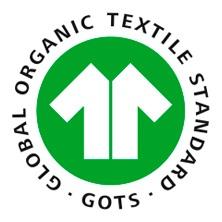
Cotton quality
Cotton quality
internationally & ecologically tested
“Organic Cotton” is an internationally common term for strictly ecologically tested cotton. For example, it stands for untreated seeds, a distance from genetically modified crop fields, reduction of fertilizers and the use of beneficial insects.
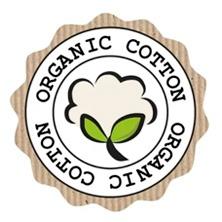
Textile standard
Oeko-Tex Standard 100
worldwide, uniform, tested for harmful substances
Oeko-Tex marks textiles tested for harmful substances. The Oeko-Tex® Standard 100 is a globally standardized testing and certification system that confirms that no legally prohibited chemicals that pose a risk to health are used in production along the entire manufacturing process.
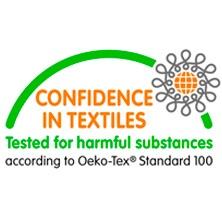
Social standard
BCSI
Business Social Compliance Initiative
The Business Social Compliance Initiative (BSCI) is a cross-industry corporate initiative that has developed a self-regulatory code of conduct for compliance with social standards. This is essentially based on the labor standards of the International Labor Organization (ILO).
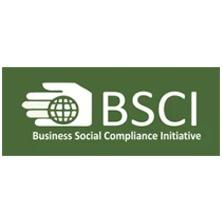
Food standard
BIO quality label
ecological products
The “Bio” quality seal identifies products from organic farming. Compliance with the criteria of the various test seals is monitored by the national organic inspection bodies. German organic products (both plant and animal) are, among other things, not genetically modified or added with chemical-synthetic agents. They do not contain food additives and may only contain a maximum of 5% non-organic additives.

Product standard
Blauer Engel
environmentally friendly & tested
The “Blaue Engel” identifies products and services that are more environmentally friendly than comparable ones. The entire life cycle of different product groups is assessed, which must meet tested criteria. Thus products become ever more pollution free.
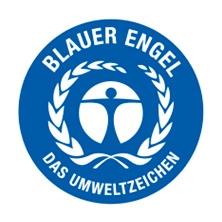
Environmental management
ISO 1400
green management
The international environmental management standard ISO 14001 defines globally recognized requirements for an environmental management system and is part of a family of standards. This includes numerous other standards on various areas of environmental management, including life cycle assessments, environmental indicators, and environmental performance evaluation.



